
Supporting and empowering students with special needs at the academy
1. Regarding the procedures followed to support people with disabilities within the academy:
• The academy adopts an integrated system to support students with disabilities, aiming to empower them academically, psychologically, and socially, while ensuring equal opportunities within the educational environment. This system begins at the admission stage, where the student undergoes a personal interview with the college dean or the student affairs officer to assess their situation. They are then referred to the psychologist at the student affairs office, and subsequently to a neurologist, who prepares a medical report detailing the type of disability and the appropriate strategies for managing it during their studies.
Based on this report, the college and faculty members are notified on how to adapt the scientific content and assessment methods according to the student’s needs, with the possibility of allocating special study groups for cases that require it, while adhering to the integration policy within lectures to ensure the student’s participation and interaction with his colleagues.
At the end of this phase, an academic advisor from the faculty of each college is assigned to support students with disabilities and provide the necessary academic support to ensure their full integration and continued academic success.
• Computer labs equipped with all the latest software and hardware are provided, along with a training program to equip them with the skills to use these programs.
• The college provides students with special needs with all the necessary resources to facilitate their studies, such as the JAWS program, which allows them to read lectures, books, or files (Screen Reader).
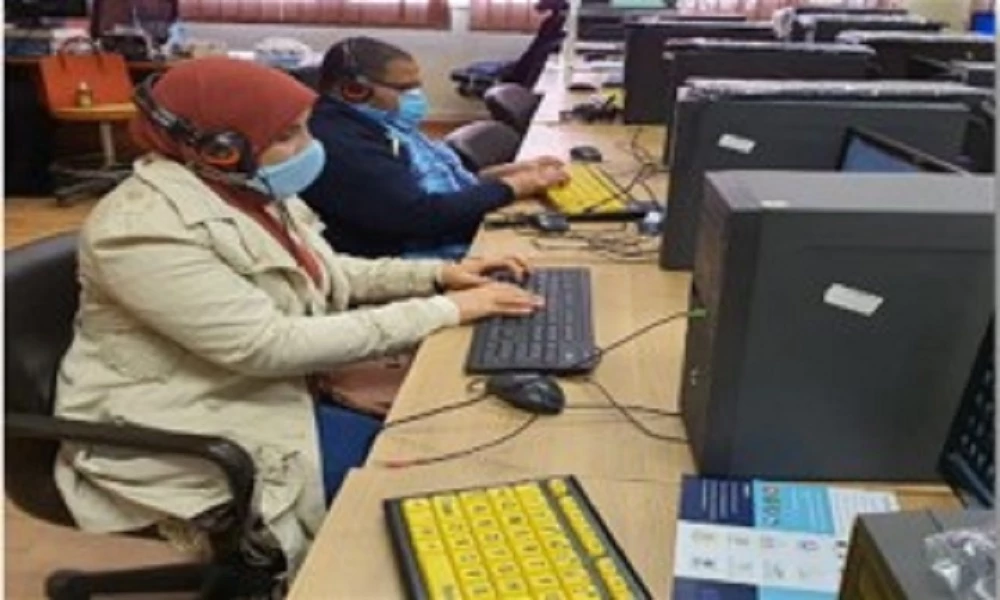
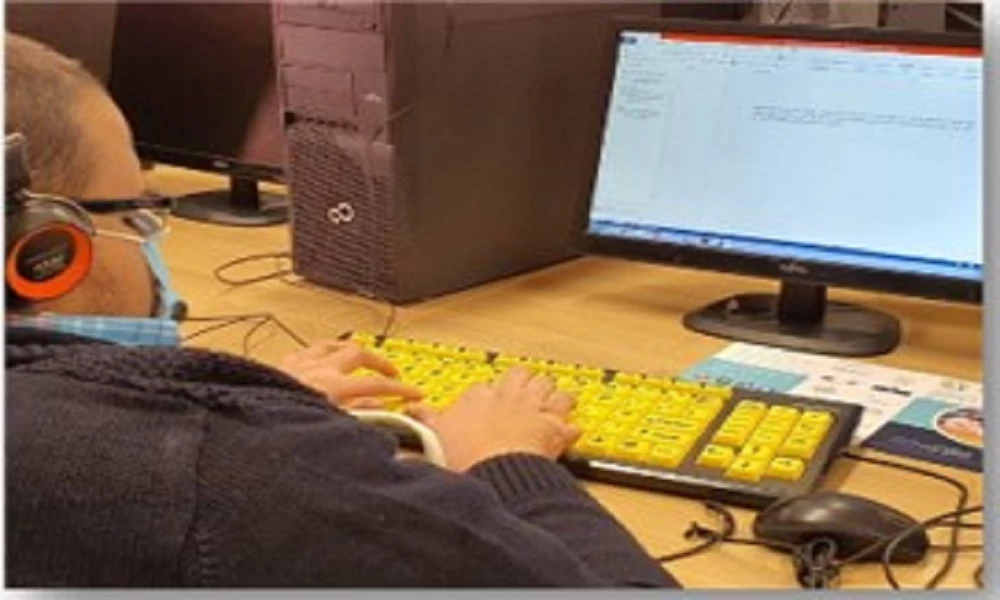
• The college also provides BrailleSense computers, which are designed for visually impaired students. Currently, there are only two BrailleSense computers available, but students hope to increase the number in the future.
• The college also provides a free Braille printer for students in the computer lab.
• Hearing aids are available for students with hearing impairments.
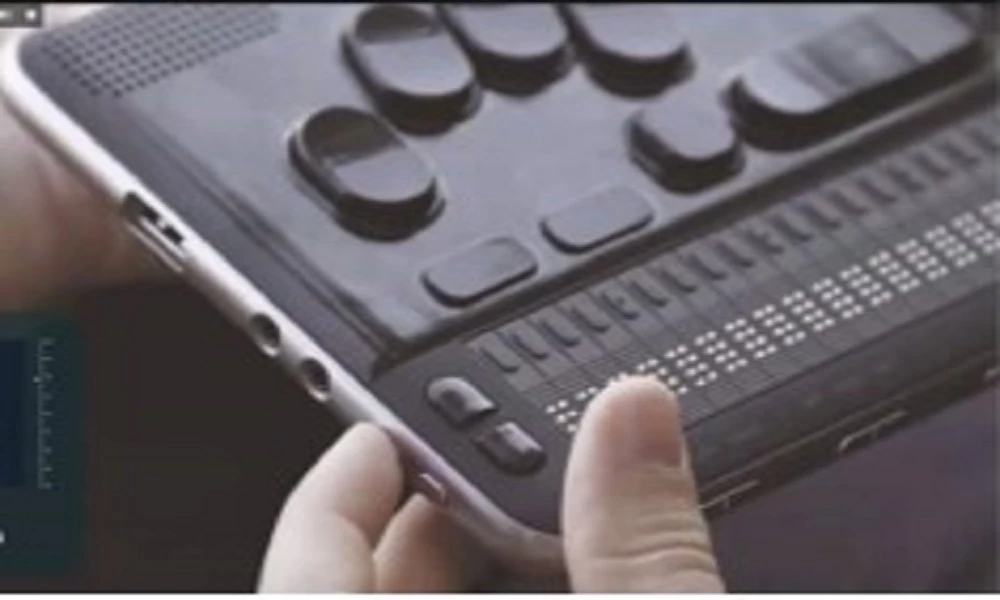
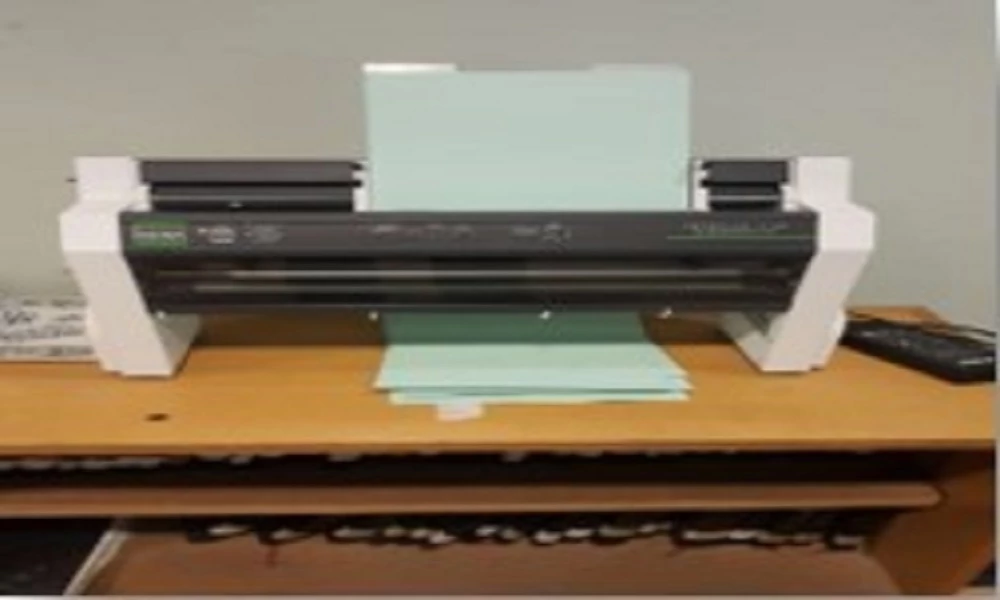
• The college provides raised keys inside the elevator to facilitate movement in Braille for the visually impaired and blind.
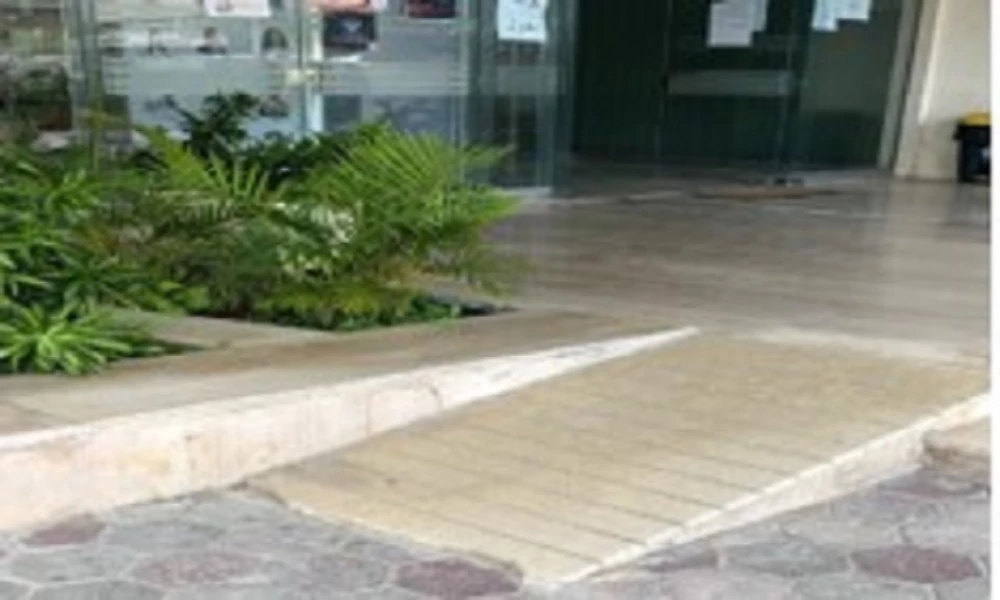
• Various art workshops including drawing, assembly, cutting and gluing according to the student’s condition. Various sports activities are also available, including strength games, and the use of the academy’s GYM is permitted with the presence of specialized trainers and the availability of appropriate equipment.
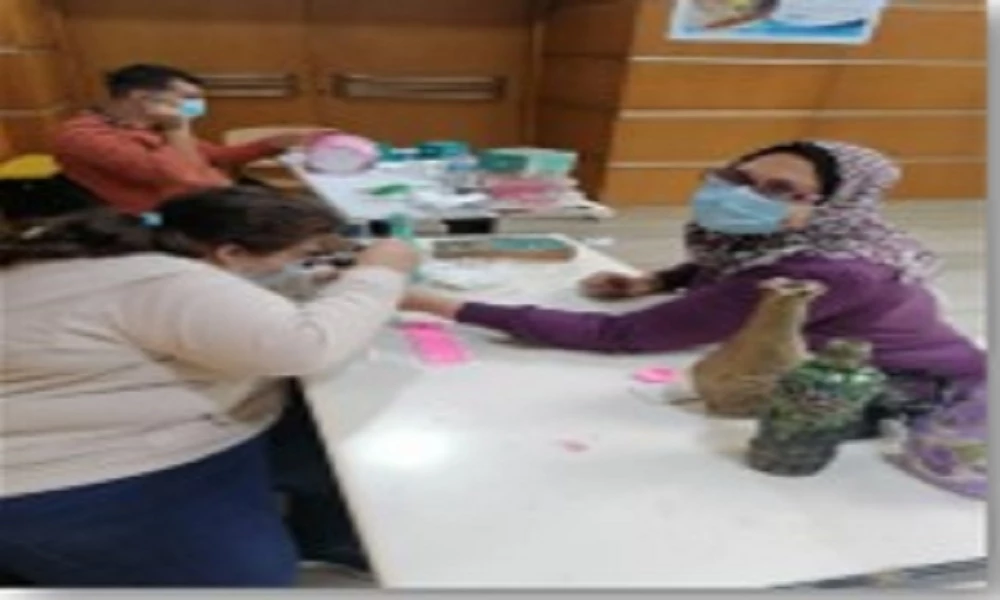
2. Regarding support programs for people with disabilities, whether related to guidance or comprehensive support programs:
The Academy implements several specialized programs that provide academic, psychological, and social support to students. Among the most prominent are:
• The Deanship of Student Affairs provides individual and group psychological support sessions supervised by specialists.
• All colleges within the Academy, across its various branches, have an academic advisor from the faculty to monitor students with special needs and provide them with the necessary academic support, ensuring a smooth educational journey and achieving the principle of equal opportunities within the university environment.
• The unit is currently working in cooperation with the Industry Service Center to provide training for students with disabilities within the Academy to ease the challenges of internships in companies, especially for visually impaired students.
• The unit is currently conducting training courses for faculty and staff on how to interact with students with special needs.
• Cooperation has been established with several different companies and factories to provide them with suitable training opportunities for each type of disability, enabling them to acquire practical skills, integrate into the work environment, interact with society, and prepare them for the job market after graduation. • Seeking to provide employment opportunities after graduation in coordination with institutions interested in integrating people with disabilities into the labor market to ensure independence and empowerment.
3. Regarding the accommodation policy for people with disabilities:
A specific mechanism has been established in coordination with the Student Affairs Department to ensure suitable and well-equipped accommodation is provided according to the needs of each individual, taking into account safety and comfort standards.
Regarding the accommodation policy for students with disabilities within the university dormitories, several measures have been taken to ensure a safe and suitable environment for them. These include:
• First: A supervisor has been assigned within the female student dormitories to provide continuous support and assistance to visually impaired students. This supervisor is available 24 hours a day to meet their various needs and ensure their comfort.
• Second: A supervisor has also been assigned within the male student dormitories for blind students to monitor them and provide immediate assistance throughout the day, should they require any support or assistance.
• Third: Rooms are allocated on the ground floors to facilitate access and avoid climbing stairs, thus reducing the likelihood of any risks or falls. Fourth: Meal delivery service is provided to the rooms of visually impaired students to ensure their safety and minimize their movement within the university dormitories.
In conclusion, the unit extends its sincere thanks to the Deanship of Student Affairs for its ongoing support of the integration and empowerment of students with disabilities, and affirms its continued cooperation in achieving the academy's goals of promoting equality and equal opportunities.
With highest regards,